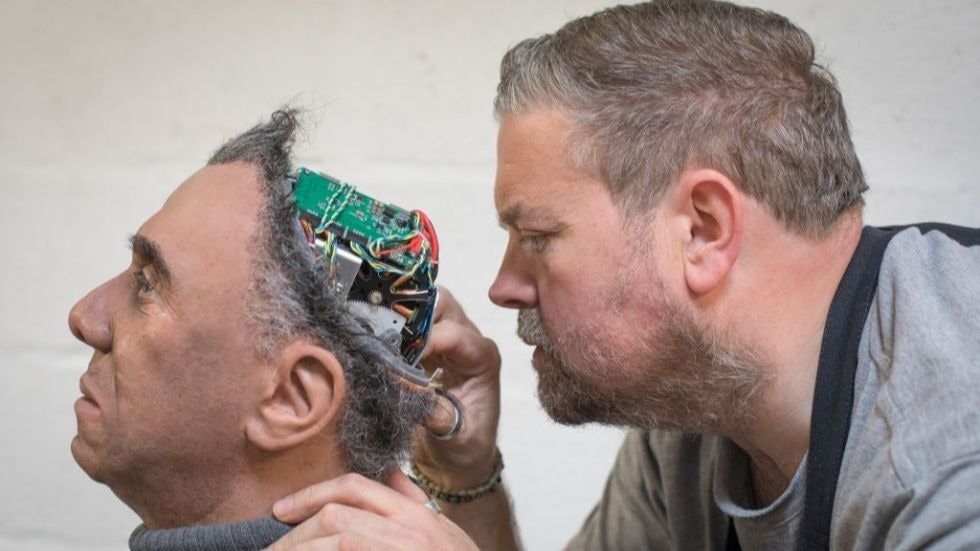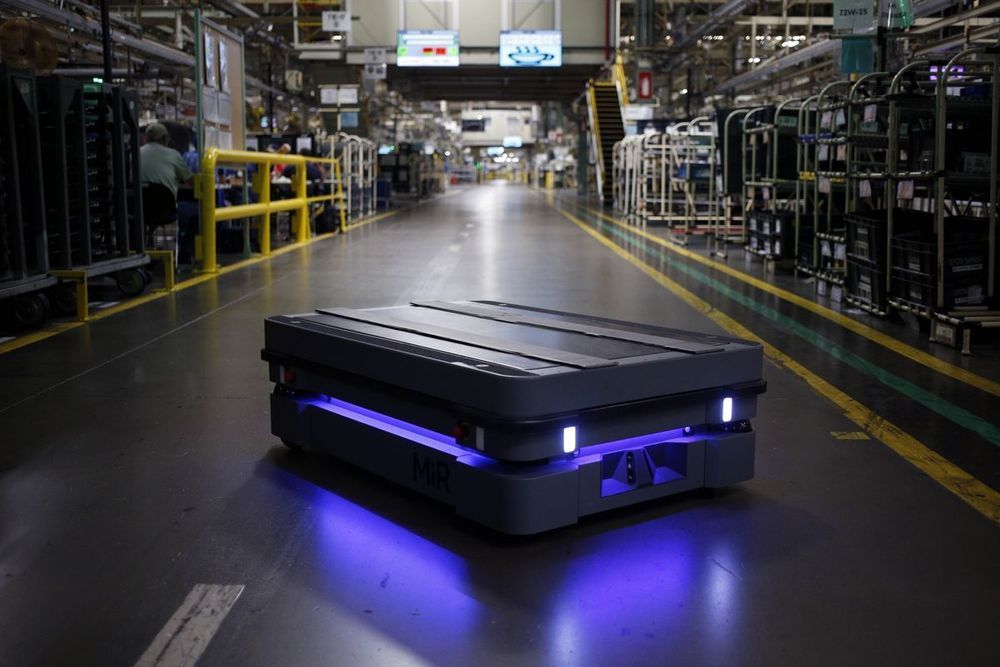The Future of Intelligence, Artificial and Natural
Ray Kurzweil is one of the world’s leading inventors, thinkers, and futurists, with a thirty-year track record of accurate predictions. Called “the restless genius” by The Wall Street Journal and “the ultimate thinking machine” by Forbes magazine, he was selected as one of the top entrepreneurs by Inc. magazine, which described him as the “rightful heir to Thomas Edison.” PBS selected him as one of the “sixteen revolutionaries who made America.”
Ray was the principal inventor of the first CCD flat-bed scanner, the first omni-font optical character recognition, the first print-to-speech reading machine for the blind, the first text-to-speech synthesizer, the first music synthesizer capable of recreating the grand piano and other orchestral instruments, and the first commercially marketed large-vocabulary speech recognition.
Among Ray’s many honors, he received a Grammy Award for outstanding achievements in music technology; he is the recipient of the National Medal of Technology, was inducted into the National Inventors Hall of Fame, holds twenty-one honorary Doctorates, and honors from three U.S. presidents.
Ray has written five national best-selling books, including New York Times best sellers The Singularity Is Near (2005) and How To Create A Mind (2012). He is Co-Founder and Chancellor of Singularity University and a Director of Engineering at Google heading up a team developing machine intelligence and natural language understanding.
Ci2019 featured over 40 global leaders including Chief Technology Officer of Google Ray Kurzweil (USA), CEO of NESTA Geoff Mulgan CBE (UK), Chief Data and Transformation Officer at DBS Bank Paul Cobban (Singapore), A.I. Experts Professor Toby Walsh and Liesl Yearsley (USA), Co-founder of Oxford Insights Emma Martinho-Truswell (UK), Ethics leader Professor Simon Longstaff, Ethics and Culture of Robots and AI Professor Kathleen Richardson (UK), brain performance neuroscientist Dr Etienne Van Der Walt (South Africa), transdisciplinary Behavioural Scientist Dr Richard Claydon (Hong Kong), Director of the Learning Technology Research Centre Carl Smith (UK), Australia’s Chief Scientist Dr Alan Finkel AO, Deakin University Vice Chancellor Professor Jane Den Hollander, ATO’s Jane King, Innovation & Science Australia CEO Dr Charles Day, CEDA CEO Melinda Cilento, Jobs for NSW CEO Nicole Cook, Behaviour Innovation founder & CEO John Pickering, People and Performance expert Andrew Horsfield, TEDx Melbourne’s Jon Yeo and many more to be announced.





